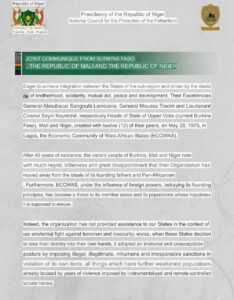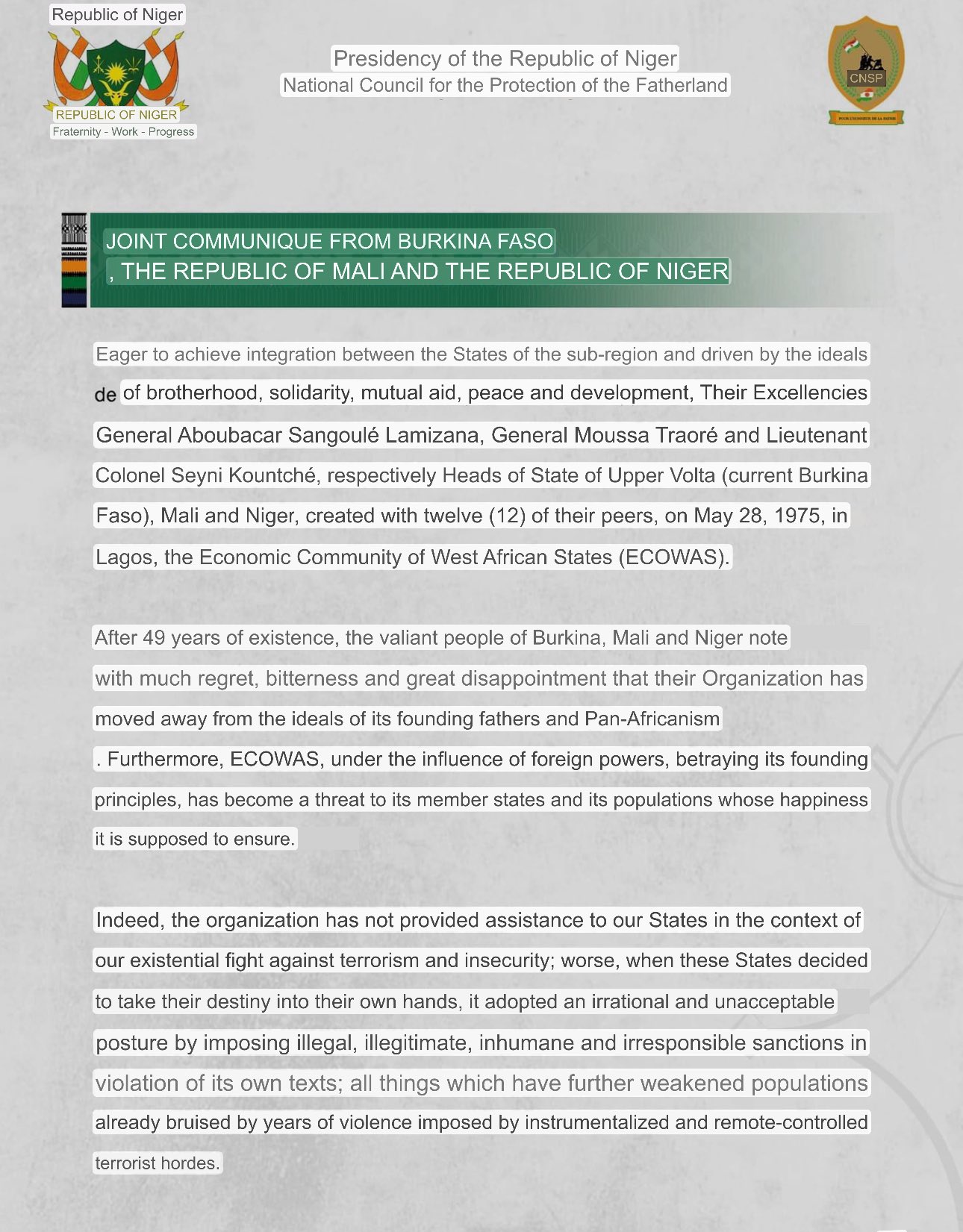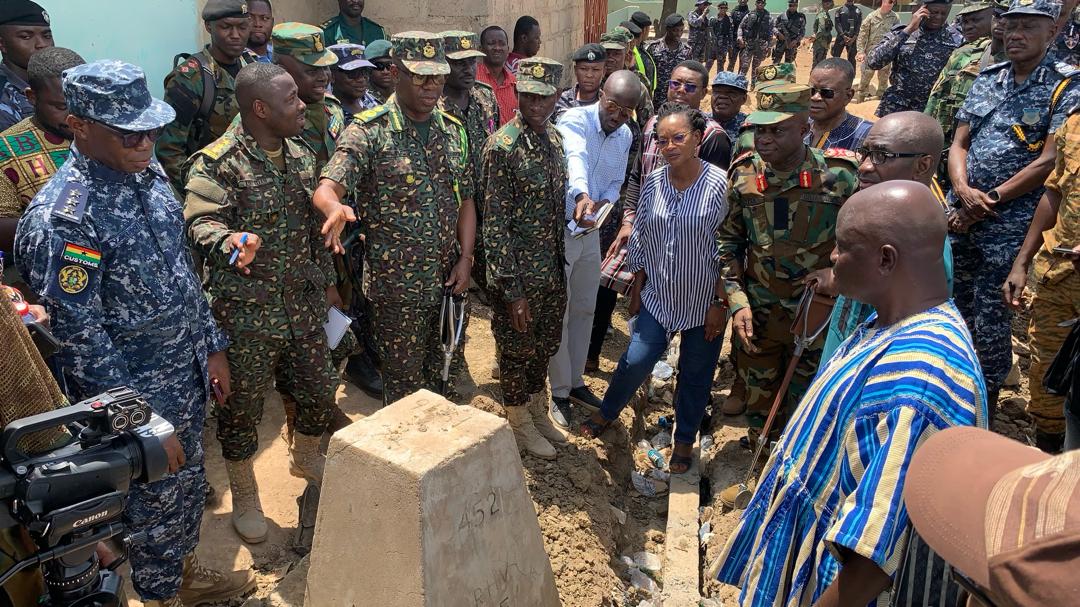
Ghana's transit trade declined from 970,000 tonnes in 2015 to 801,000 tonnes in 2016, representing a decline of 17 per cent.
The Deputy Chief Executive Officer of the Ghana Shippers Authority (GSA), Ms Sylvia Asana Owu, in an interview with the GRAPHIC BUSINESS said the decline was as result of the introduction of the ‘bon de chargement’ by the authorities of Burkina Faso which disrupted the flow of trade between the two countries.
Checkpoints
The ‘bon de chargement’is a legislation that was introduced by the Burkina Faso government and required that foreign drivers and business people produce documents backing their carriage before they could be allowed to do business in that country.
This was, however, suspended when Ghana raised objections but was reintroduced in January 2016.
Afterwards, persons without the document were made to pay CFA200,000 as a fine.
In 2016, over 70 Ghanaian haulage truck drivers were detained in Burkina Faso for more than five weeks for failing to provide the loading documents covering their cargoes.
Ms Owu said other trade barriers such as the increasing number of road checkpoints and unauthorised stops manned by various uniformed authorities and other groups contributed to making Ghana an unattractive place to transit goods.
In August 2015, a fact finding trip conducted by the Borderless Alliance, with representatives from the Ghana Ports and Harbours Authority (GPHA) and the Ghana Shippers Authority along the Tema-Paga corridor, revealed that over 50 stops, most of which were extortion points for illicit fees, caused unnecessary delays that often lead to significant financial and operational losses to traders and operators.
Issue being resolved
The Deputy CEO said authorities from the two countries were working to resolve the issue.
Already, Ms Owu said officials of the GSA, and those from Ghana’s Embassy in Burkina Faso, have had already held discussions to ascertain the state of affairs at the joint border between the two countries.
She added that at the meeting, Ghana made a case for the two countries to sit down and agree on modalities for the management of that country’s transit cargo.
“We made it clear to them that since Ghana did not have any agreement with them to that effect, there was the need for the two countries to agree on the way forward,” she indicated.
She stated that after the meeting, the two countries were asked to come out with a bilateral agreement that would border on the modalities on documentation of transit goods from Ghana’s port into that country.
“We currently have before us an agreement from the Burkinabe authorities, which we are looking at, and we hope the problem will be solved soon,” she stated.
Ghana's transit trade declined from 970,000 tonnes in 2015 to 801,000 tonnes in 2016, representing a decline of 17 per cent.
The Deputy Chief Executive Officer of the Ghana Shippers Authority (GSA), Ms Sylvia Asana Owu, in an interview with the GRAPHIC BUSINESS said the decline was as result of the introduction of the ‘bon de chargement’ by the authorities of Burkina Faso which disrupted the flow of trade between the two countries.
Read Full Story


















Facebook
Twitter
Pinterest
Instagram
Google+
YouTube
LinkedIn
RSS